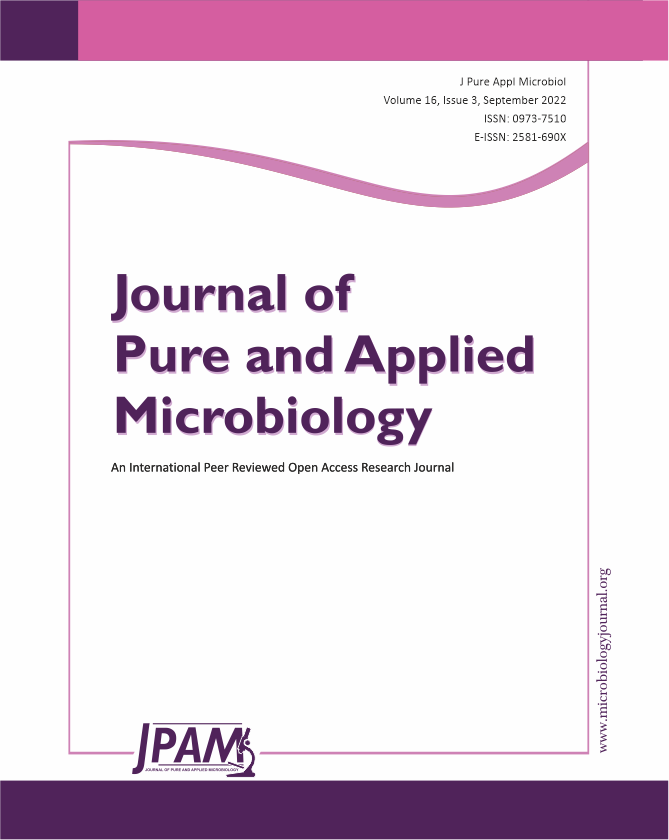New infectious agents pose a global threat to the healthcare system, and studies are conducted to estimate their health and epidemiological outcomes in the long run. The SARS-CoV-2 virus, which has caused the COVID-19 disease, was formerly assumed to be a respiratory virus; however, it can have serious systemic effects, affecting organs such as the gastrointestinal tract (GIT). Viral RNA was reported in the stool in a subset of patients, indicating another mode of transmission and diagnosis. In COVID-19, prolonged GIT symptoms, especially diarrhea, were associated with reduced diversity and richness of gut microbiota, immunological dysregulation, and delayed viral clearance. Intestinal coccidian parasites are intracellular protozoa that are most typically transmitted to humans by oocysts found in fecally contaminated food and water. Their epidemiological relevance is coupled to opportunistic infections, which cause high morbidity and mortality among immunocompromised individuals. Among immunocompetent people, intestinal coccidia is also involved in acute diarrhea, which is usually self-limiting. Evaluating the available evidence provided an opportunity to carefully consider that; the COVID-19 virus and coccidian protozoan parasites: namely, Cryptosporidium spp., Cyclospora cayetanensis, and Isospora belli, could mutually influence each other from the microbiological, clinical, diagnostic, and elimination aspects. We further systemically highlighted the possible shared pathogenesis mechanisms, transmission routes, clinical manifestations, parasite-driven immune regulation, and intestinal microbiota alteration. Finally, we showed how this might impact developing and developed countries prevention and vaccination strategies. To the best of our knowledge, there is no review that has discussed the reciprocal effect between coccidian parasites and COVID-19 coinfection.
COVID-19, Intestinal Coccidiosis, Microbiome, Opportunistic Parasites, Pathogenesis, Severity
© The Author(s) 2022. Open Access. This article is distributed under the terms of the Creative Commons Attribution 4.0 International License which permits unrestricted use, sharing, distribution, and reproduction in any medium, provided you give appropriate credit to the original author(s) and the source, provide a link to the Creative Commons license, and indicate if changes were made.


